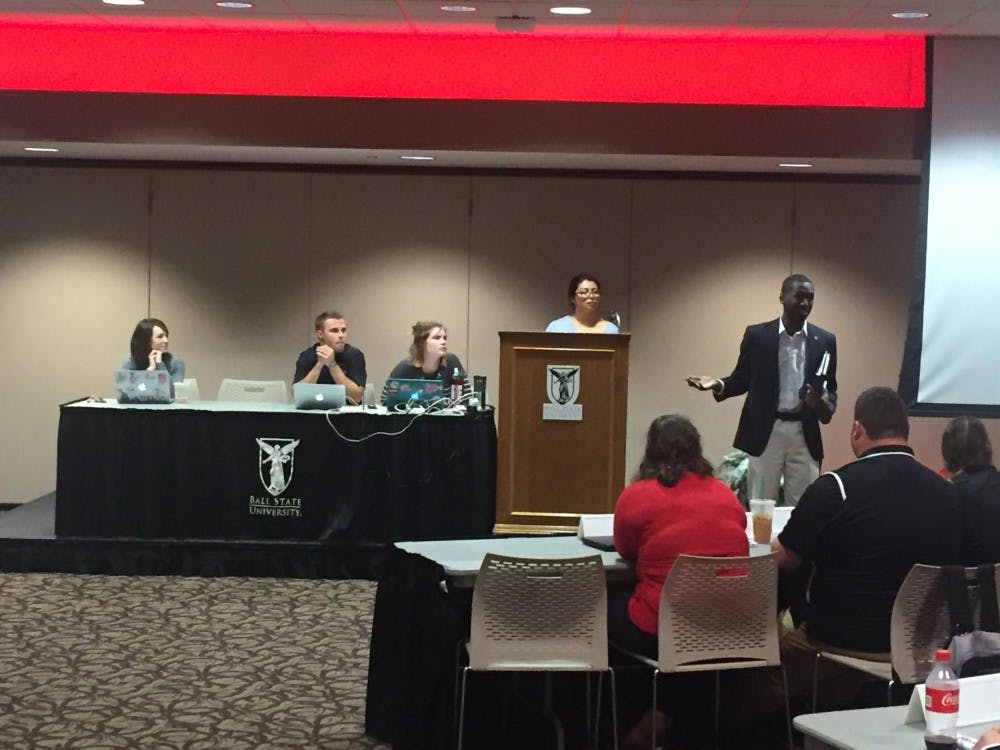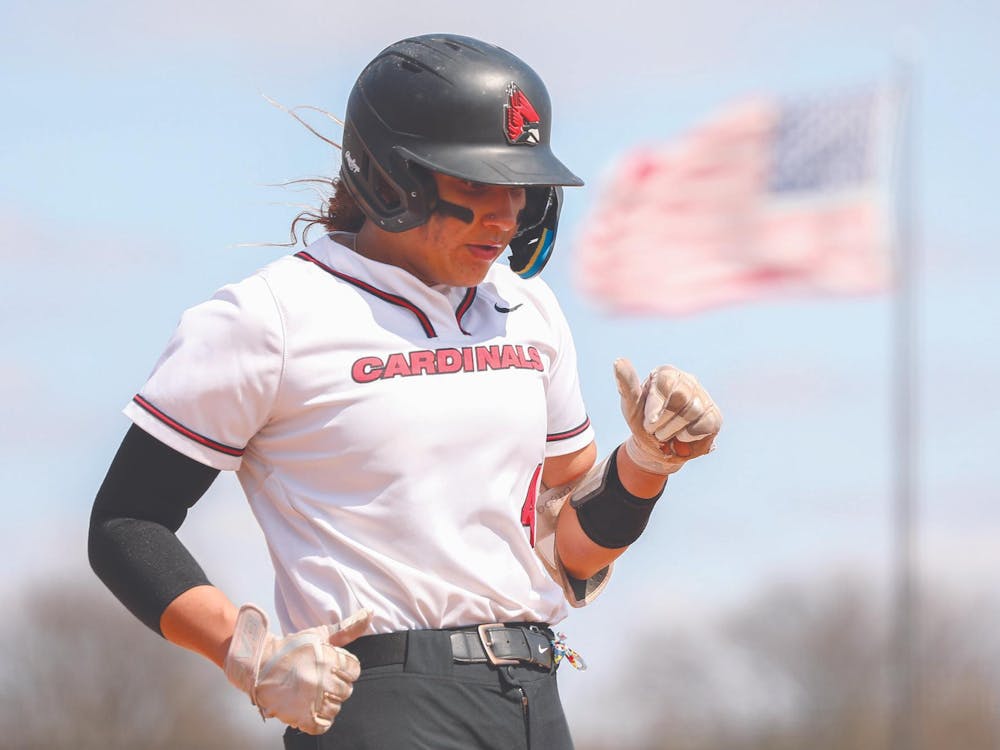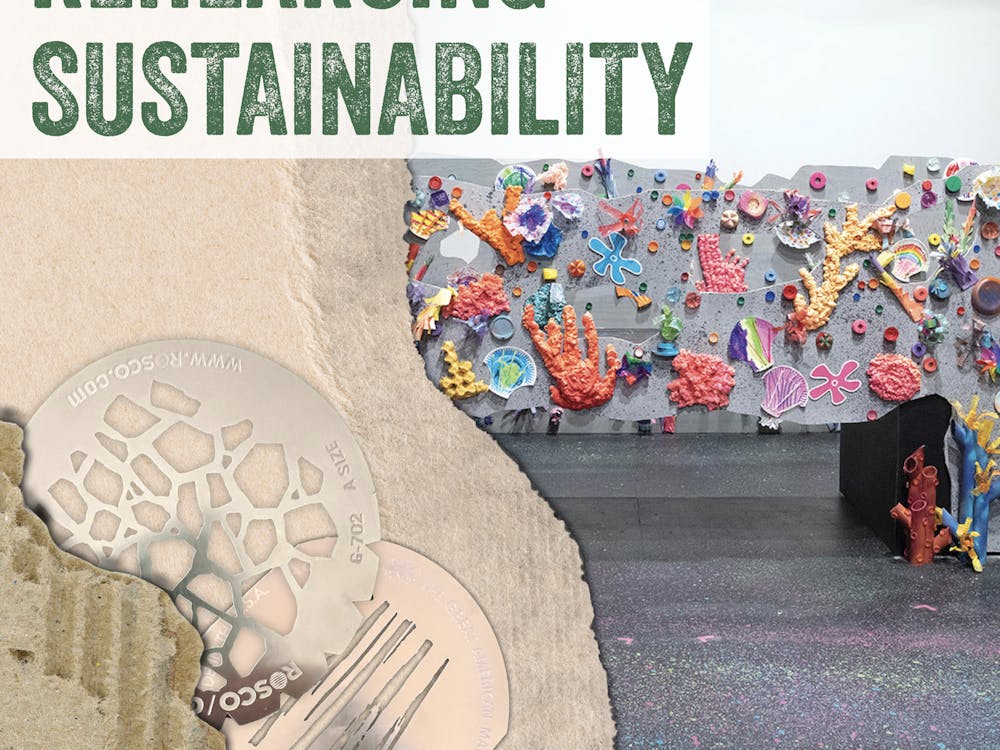Ball State's Student Government Association is leading the charge to fight what they call the “epidemic” of sexual assault in Indiana.
SGA passed a resolution 38-0 Nov. 2 that would create a summit for all Indiana colleges and universities to address sexual assault.
“We are calling [sexual assault] an epidemic, and we are saying that since this is an issue, not only at Ball State, but at other colleges we have a similar problem, if we work all together on it, we can do more to tackle it on, instead of just being by ourselves,” said James Wells, Ball State's SGA president and co-author of the resolution.
Purdue University's student government is working on the logistics with Wells,but Ball State's SGA created the legislation that will formally start the process.
Student governments at other schools such as Indiana University, University of Southern Indiana, Indiana-University-Purdue University Indianapolis and Saint Joseph's College already said they would be involved in the summit.
Part of the reason Wells and SGA senator Zoe Taylor decided to create the bill at this time was because of the conversation surrounding presidential candidates and the case of Brock Turner, who made national news after receiving nine months in prison for sexually assaulting a woman.
The topic of sexual assault is especially relevant at college campuses.
In 2015, Ball State had 18 reported rapes on campus alone, higher than the 14 reported in 2014 and 17 reported in 2013, according to the 2016 Campus Security Report. That number doesn't even include the eight reported off campus in 2015.
Wells and Taylor hope the summit can help the universities exchange ideas on sexual assault and even potentially influence state legislators to pass specific legislation.
“It makes me realize education [is] where ideas and where movements start,” Taylor said. “You can look at the Vietnam War in college campuses. Indiana responds to college campuses. If we yell loud enough, they have to listen.”
Wells said he expects the universities to meet at the end of the fall semester and then come back together in March or April.
The legislation will also create a Ball State committee to determine the university's own stance on sexual assault.
During the meeting Nov. 2, SGA also discussed a senate bill that would amend the Elections Code. Among the changes, the bill would make it so SGA executive slates have to get a majority of votes, or else a re-vote is needed among the top two slates. The bill also would create a formalized appeal process for when slates receive fines while campaigning.
The senators will likely vote on the bill next week.





